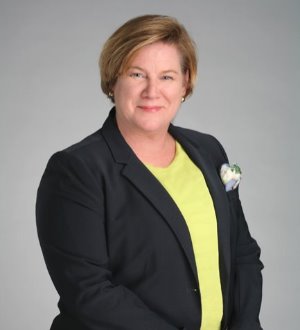Formulating an estate and long term care plan is an important step towards financial security, and yet many people fail to have even the most basic plan and advanced directives in place. One potential hurdle is a fear of putting together a poor plan. Having a basic understanding of these common mistakes can help reduce the risk of making some unfortunate errors. The following are examples of the most common errors made:
1. Failing to create and execute an estate and elder law plan.
Arguably the most common mistake is simply failing to create any estate and long term care plan. Without any written plan whatsoever, your intended wishes as to whom will receive your estate and handle your affairs may go by the wayside. Without a Last Will and/or Trust, the laws governing intestate distribution (not your wishes) will control who will receive your estate and virtually anyone can apply to be the administrator of your estate. Furthermore, merely having a Last Will & Testament will not protect your assets in the event you require long term care. To accomplish same, one must engage in long term care planning. Without a long term care plan being implemented you may end up utilizing all of your savings for your long term care needs and never be able to take advantage of any government program (such as Medicaid) that will help pay for said needs. A variety of legal tools can help to better ensure that your loved ones or preferred charitable organizations benefit from your estate, not the IRS, New York State, or a long term care facility.
2. Not revisiting/updating your estate and long term care plan.
An estate plan and long term care plan should be regularly revisited, especially before or after any major life event. This includes births, deaths, marriages and divorces. It is also wise to review an estate plan on a regular basis even without these major changes. For example, any changes in estate tax and income tax laws should be considered on a regular basis when reviewing an existing plan. Additionally, the rules for Medicaid eligibility should be consulted and considered.
3. Only utilizing a Last Will as your planning tool.
A Will is just one of many documents that can aide in the transfer of assets. A trust may also be beneficial. Trusts allow the grantor, or owner of the assets, to avoid probate. Probate is the court process that a Will must go through before the assets are distributed. This process is public and can be a burdensome and costly process. Trusts can be established to avoid this process and, depending on the language used to create the trust, one can also take advantage of tax savings, protect assets from the cost of long term care, and even shelter assets from creditors.
4. Neglecting beneficiary designations.
Designations on life insurance policies, retirement plans, IRA's, 401K's and other beneficiary designations should also be updated with any major life event. Additionally, it is most important that alternate beneficiaries are named for said assets. For example, if no alternate beneficiary is named, the default beneficiary would be your estate, which could result in creditors/Medicaid having claims against said assets. These documents generally are not governed by a will or trust, thus, as a result, an unintended beneficiary could be a beneficiary of said asset.
5. Failing to execute a broad durable Power of Attorney (POA).
All Powers of Attorney (POA's) are not created alike and, unfortunately, the POA is all too often an afterthought in many estate and long term care plans. Having a POA that is durable (survives the subsequent incapacity or disability) of the principal (creator) is of critical importance. Additionally, all too often the POA lacks the requisite language allowing the appointed agent to make transfers/gifts of the principal's assets so as to be able to do any needed long term care planning or estate/income tax planning that may be needed. A POA that literally handcuffs the agent is often of no use and may result in the need for a Guardianship Proceeding to allow the family to take any needed actions.
In conclusion, the above stated are just a few of the more common mistakes that are made when putting together an estate and elder law plan. Taking the steps to avoid and/or correct these errors are of great importance.







































